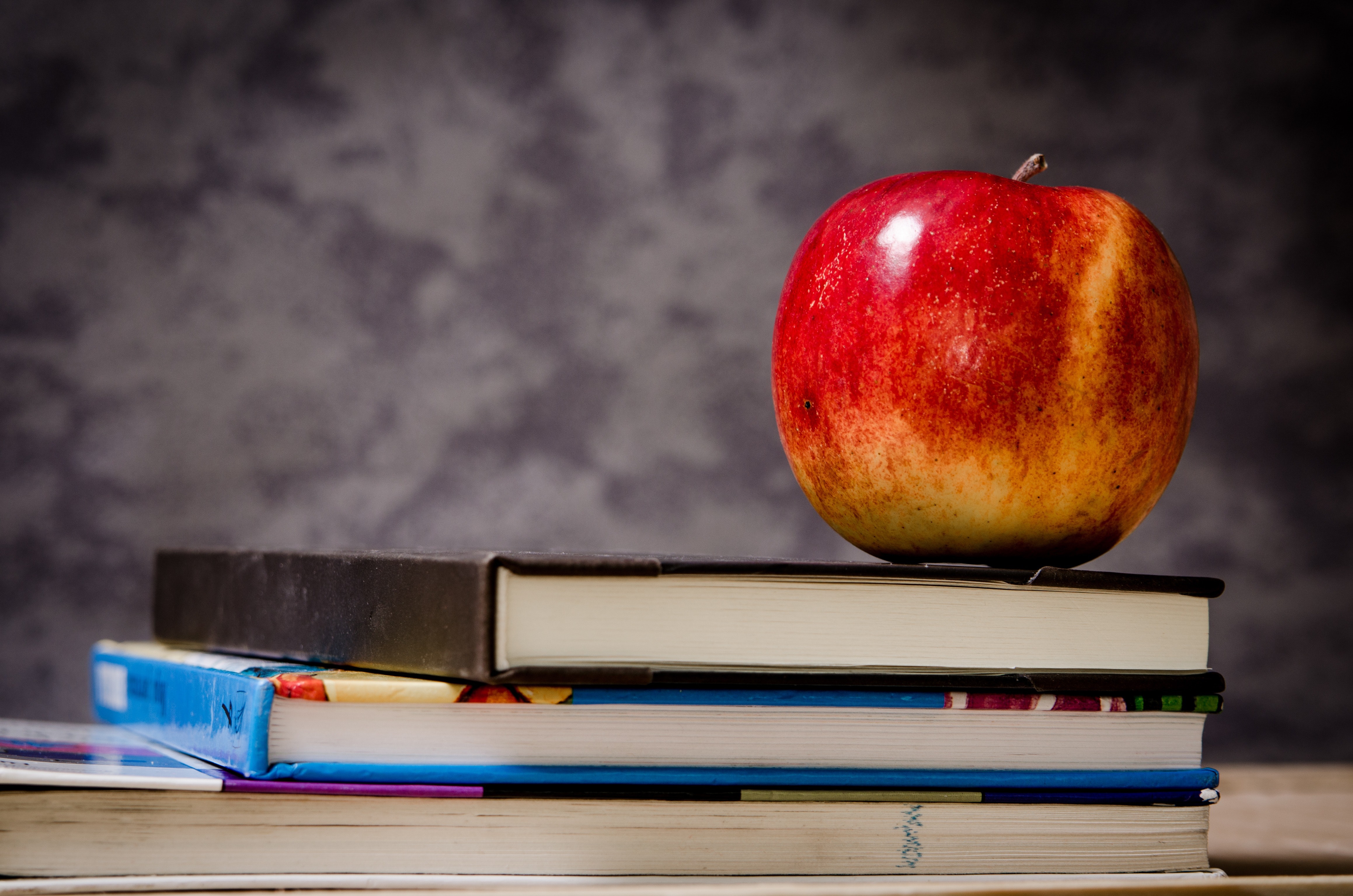
Being a teenager is hard. Suddenly everything changes — one’s body, mind, responsibilities, hormones and desires. Yet, with so many grown up expectations emerging, teens are often still infantilized and talked down to. One major example of this is the way teens are told to abstain from dating altogether, as a safety measure. The problem is, a desire to date as a teenager is completely natural. When caregivers don’t accept that, it only drives adolescents to keep secrets. The truth is when parents talk honestly about dating and give their kids freedom to experiment with relationships, those kids are more likely to engage in safe and healthy dating practices. An open approach to teen dating allows parents to set parameters and chaperone dates. This helps them to guide their kids towards healthy connections. Especially with so many unrealistic and unhealthy examples of love in the media, it’s important for teens to get real information so they can draw boundaries and advocate for themselves.
Of course, there will always be those children whose parents or guardians never talk to them about relationships or prepare them for love and romance at all. There will be kids coming from abusive households who have never witnessed healthy relationships. For these kids, teachers can play a vital role in steering them on the right path. As teens begin to date and flirt within school walls, teachers can look out for them. School employees may be the first to witness signs of abuse in teen relationships.
This is why knowing the signs of teen dating violence is a good place for educators and other school employees to start. What are they?
- Unexplained Changes in behaviour such as a shift in attitude, dropping grades, lower focus, change in interests or extra-curricular activities, etc.
- Isolation from former friends. This may look like a teen neglecting their own friends in favour of their partner’s friends or not hanging out with anyone besides their partner at all.
- Name-calling or belittling from a romantic partner. When playful teasing crosses the line and becomes mean-spirited, it’s obvious. If belittling is witnessed and there’s a co-occurrence of a child’s confidence sliding, that’s a major red flag. Kindness and consideration should be at the core of any relationship
- Unexplained bruises or injuries. If a student begins showing signs of physical harm, that’s worrisome. A sudden series of clumsy accidents may not be accidents at all.
- Signs of anxiety or depression. A student becoming depressed or anxious is always a bad sign. Regardless of the reason why, signs of a mental health crisis should never be ignored.
- Constant contact with a dating partner. It’s normal for anyone to be excited about a new relationship and to make room in their life for a romantic partner. But if a teen suddenly seems to lack all independence and is never disconnected from their dating partner, it’s a sign of a toxic and consuming relationship.
Once educators know the signs of abuse, they need to know how to address suspected abuse, prioritizing the safety of the abused student. For starters, teachers should always cultivate a supportive, nurturing classroom environment. Knowing they can trust their teacher increases the likelihood of students disclosing difficult personal information. Hopefully that means a student will turn to their teacher when they realize they are being abused. But they may not.
In that case, a teacher can approach a student personally in a private meeting or ask a guidance counsellor to do so. Before getting information from the student about their situation, the teacher needs to make it clear that they have an obligation to disclose certain information to parents or guardians, the Children’s Aid Society and/or law enforcement. This will mean that the student has informed consent if they disclose parental abuse or anything criminal. The teacher can then gently mention the changes they’ve noticed in the student’s behaviour and ask if there is an explanation. If the student opens up and discloses dating abuse they are experiencing, the teacher should listen carefully and non-judgementally. The teacher should speak very little, giving the student plenty of air to share. Empowering language can encourage the student to make the best decision for their life.
If the student is not ready to end an abusive relationship, the teacher should do their best not to become frustrated. Instead, they should let the student know their door is always open. They should remind the student of their self-worth and agency. Applying pressure for the student to make a decision is not a good strategy. The teacher should provide resources that the student can take away such as information about the signs of abuse, information about healthy relationships, and contact information for Kids Help Phone, where support is available at any time.
It’s very important that the teacher maintains confidentiality, within their capacity to do so. Under no circumstances should the teacher confront the abuser or facilitate communication between the abused student and their abuser, even if the teacher is familiar with both. This could heighten danger for the student being abused. Maintaining confidentiality signals to a student that they can trust the teacher and they may turn to that teacher again in the future. Having one person to trust and confide in can make a significant difference in a child’s life.
This conversation may be hard on the teacher and that’s completely understandable. They should be sure to look out for their own well-being after having a tough talk with a student.
One of the hardest parts of supporting abuse survivors is knowing they may not make the decision that seems best right away. For students coming from challenging home environments, their abusive partner may seem like the only person they have. That can make it really difficult for them to leave. But when a teacher or counsellor shows they care, that can shift the student into a more confident frame of mind, giving them the strength to disconnect from the abuser.
One present, observant teacher can save a child from harm. A teacher may have a better sense of a child’s day-to-day life than their own parents, so the influence a teacher can have must not be understated. Educators do so much more than teach academic lessons. They model healthy interactions, boost children’s confidence, teach life skills, and watch over their pupils. Teachers are like first responders to children’s challenges. Their role in resisting and preventing teen dating violence is so very important.

